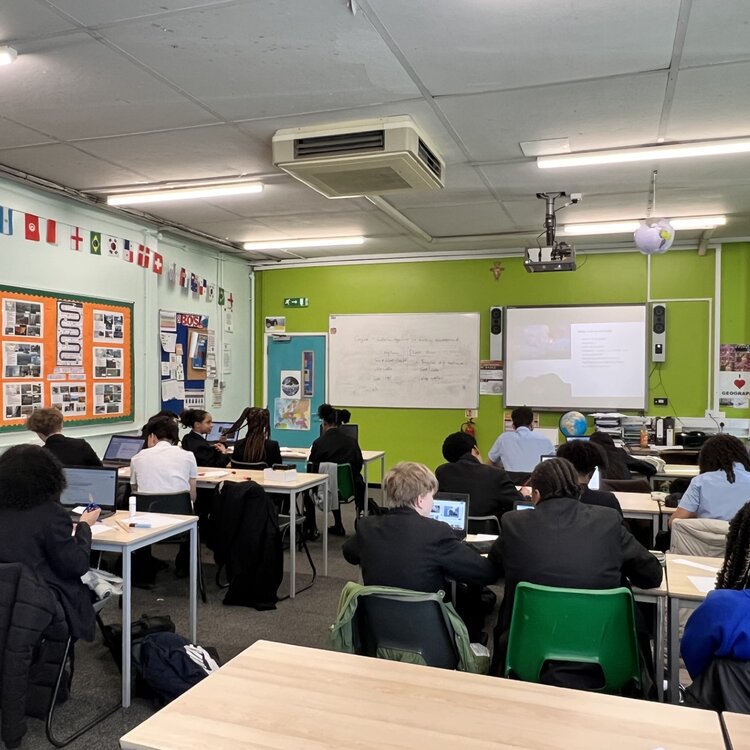Curriculum Information
Subject rationale – Why study the subject? What benefits does it bring?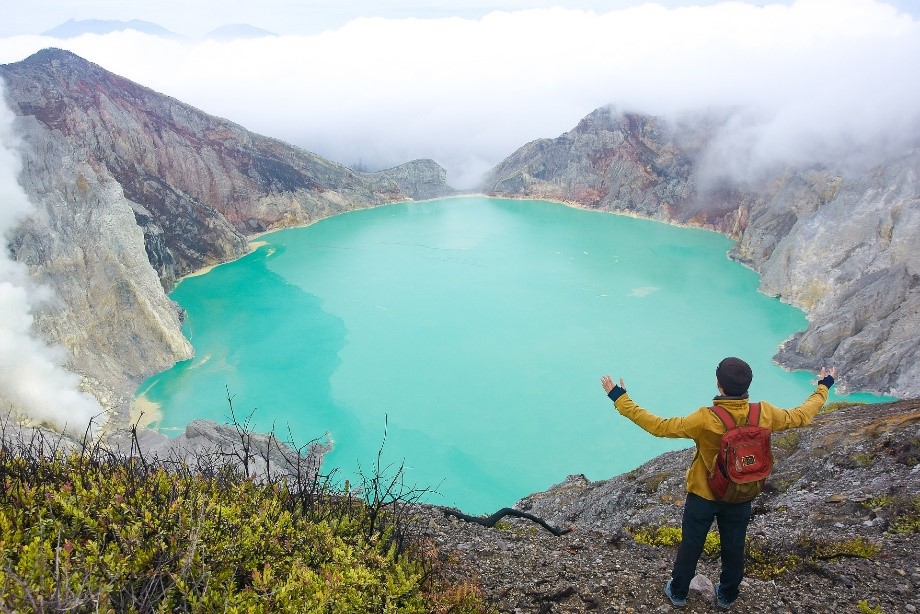
Geography encourages people to consider the importance of ‘place’ and peoples role on the planet. It teaches students about important contemporary issues that affect local, regional and global communities. Thinking geographically is a uniquely powerful way of seeing the world and learning about Geography improves young people's capability. This includes building knowledge and the capacity to think creatively and critically in society and in different environments. The value of geography to the educational experience of pupils can be understood through a number of scales, be that through the development of social, moral and spiritual values, through to equipping pupils with the skills and understanding they need to navigate the complex and dynamic adventure that is modern day living.
KS3 curriculum overview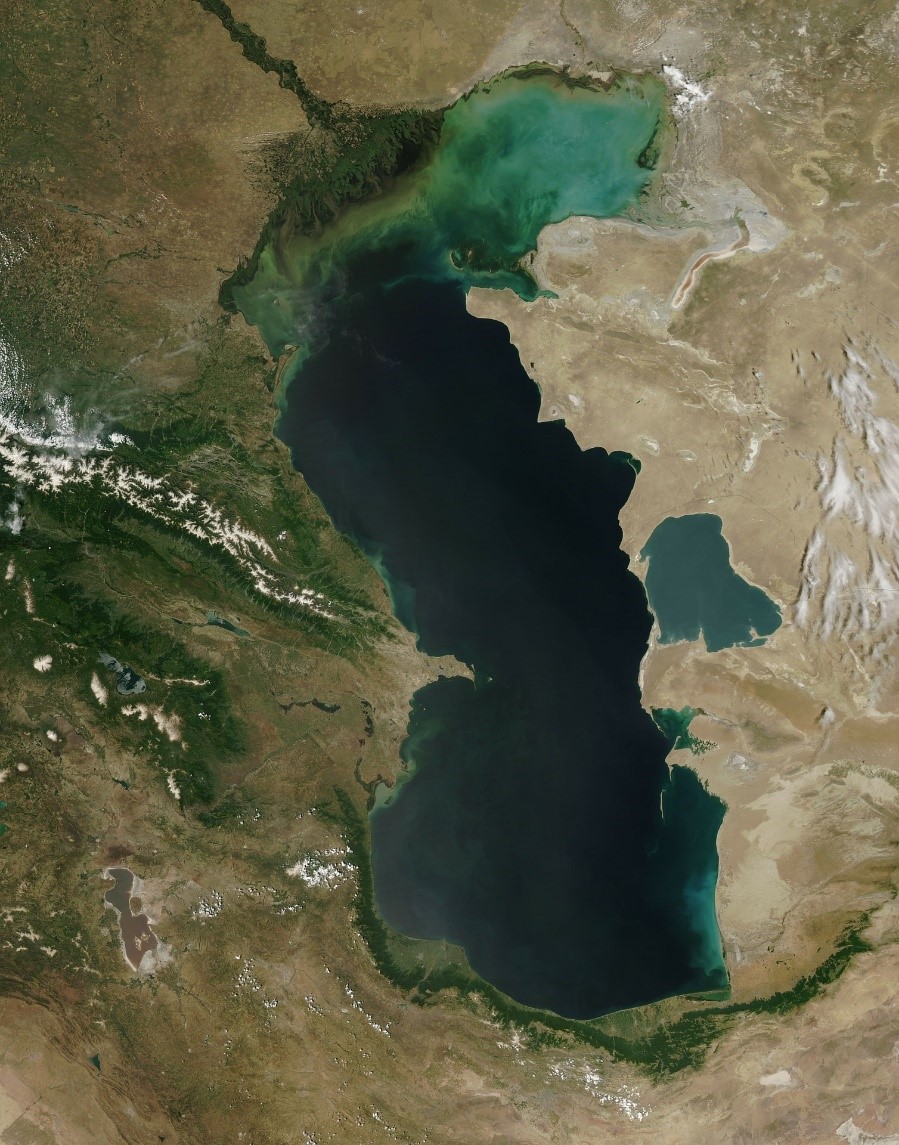
Our curriculum has been carefully mapped out to meet the requirements of the Department for Educations Geography curriculum whilst also reflecting the needs of our students at Bishop Challoner. We have taken a place approach to the Key Stage 3 curriculum to give students a wider understanding of ‘place’ and have built in the key concepts of space, scale, interdependence, physical and human processes, environmental interaction, sustainable development and cultural understanding and diversity.
- Promote a curiosity about the world for our students and encourages them to ask questions.
- Develop a holistic knowledge that will help students better understand the community and the world in which they live.
- Deepen students’ understanding of the interaction between physical and human processes, and of the formation and use of landscapes and environments.
- Provide frameworks and approaches that explain how the Earth’s features at different scales are shaped, interconnected and change over time.
- Engage students with contemporary geographical issues at a local and global scale.
- Support our learners to develop skills that are transferable across all subjects and in later life.
- Enable students to think like ‘geographers’.
KS4 curriculum overview
At Key Stage 4 we follow the AQA GCSE specification.
Assessment overview
Paper 1 (8035/1): Living with the physical environment – 1hr 30 minute exam worth 35%
- The Living World
- The Challenge of Natural Hazards
- Physical Landscapes in the UK
Paper 2 (8035/2): Challenges in the human environment – 1hr 30 minute exam worth 35%
- Urban Issues and Challenges
- The Changing Economic World
- The Challenge of Resource Management
Paper 3 (8035/3): Geographical applications – 1hr 15 minute exam worth 30%
- 2 pieces of fieldwork conducted and exam questions answered based upon the hypothesis, methodology, analysis and conclusions
- Pre-release decision making exercise released 12 weeks before the final exam date.
KS5 curriculum overview
At Key Stage 5 we follow the AQA A Level specification..png)
Assessment overview
The A Level Course:
- The course consists of two exams at the end of Year 13 and an independent research project completed by students independently over the two year course
- At Key Stage 5 students will have two Geography teachers who each specialise in either Physical or Human Geography disciplines.
- Students are equipped with a variety of revision resources which include a departmental revision guide, the recommended AQA revision guide, access to a digital textbook, access to articles and journals from the Geographical Association and Royal Geographical Society and access to banks of practice exam questions.
- As part of the course students are expected to complete at least 4 days of fieldwork. We take students on a residential field trip to the Dorset coastline and also on day trips to local locations such as the Birmingham CBD, Birmingham University and Digbeth.
Revision guidance
The best ways to revise Geography include:
- Summarising key content or concepts (flash cards, mind mapping topics, bullet pointed notes).
- Practising exam questions.
- Verbal testing
- Going through the revision checklists or using the knowledge organisers students can self assess their own strengths and weaknesses.
- Making case study summary sheets.
- Challoner staff have numerous independent and collaborative revision resources which allow students to consolidate their learning in class into their own unique revision materials, demonstrating the progression in their knowledge and applying this knowledge to exam questions
Career opportunities
Geography is a broad based academic subject which is well respected by employers. Geographers enter a very wide range of career areas and put simply there is no such thing as a geography job, there are jobs that geographers do. Studying geography provides you with valuable skills and a firm base for life-long learning. A number of our A level students go on to study Geography or Geography related degrees at university.
Possible careers include:
- Volcanology
- Environmental consultancy
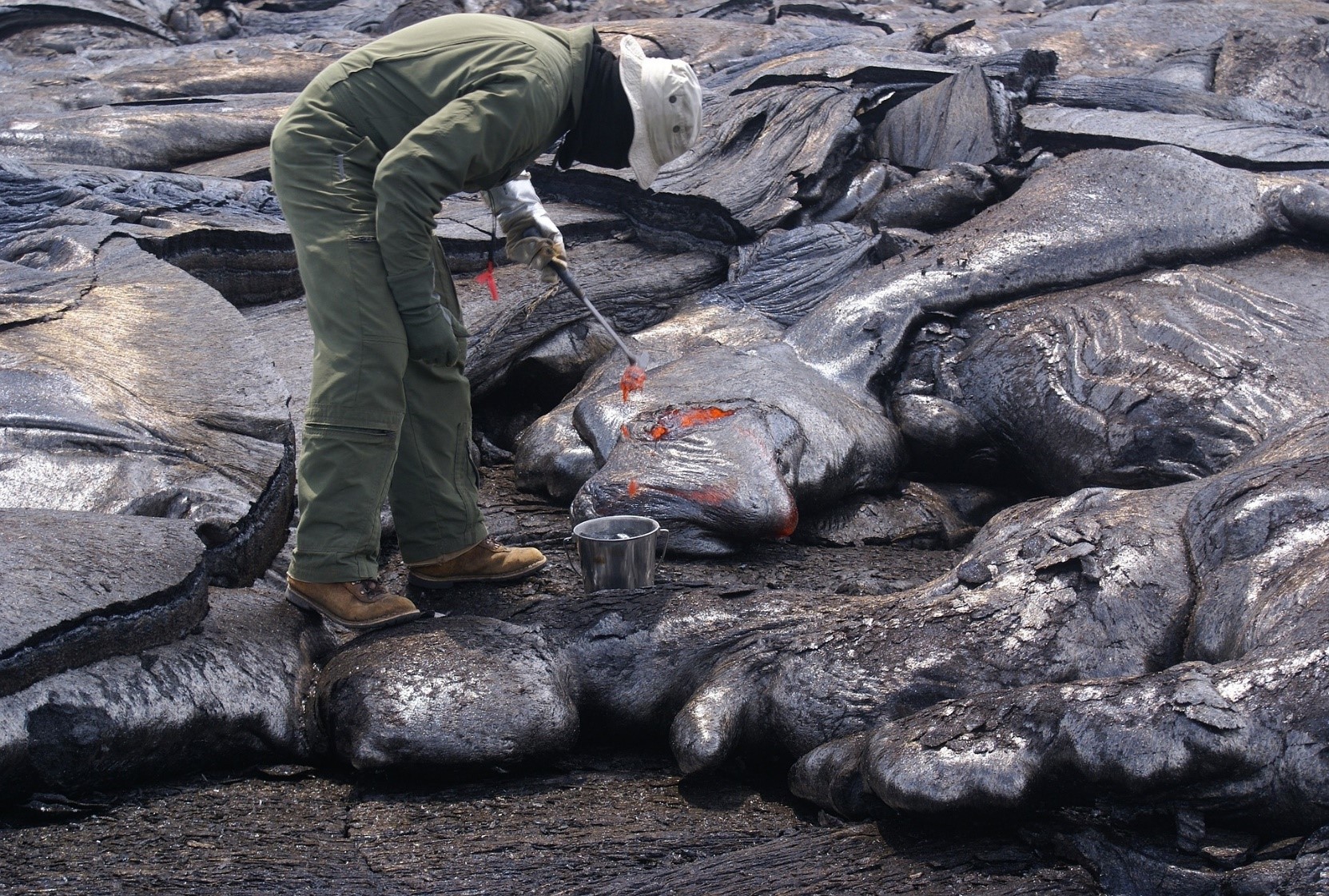
- Development
- Economics
- Finance
- Geology
- Teaching
- Law
- Banking
- Geophysical engineering
- Location analyst
- Armed forces
- Conflict resolution
- Surveying
- Disaster management
- Hydrology
- Climatology
- GIS and many more
Attachments / links / further information
Key Stage 3 National Curriculum
Click here for Frequently Asked Questions
Geography Documents
Related Blog Posts
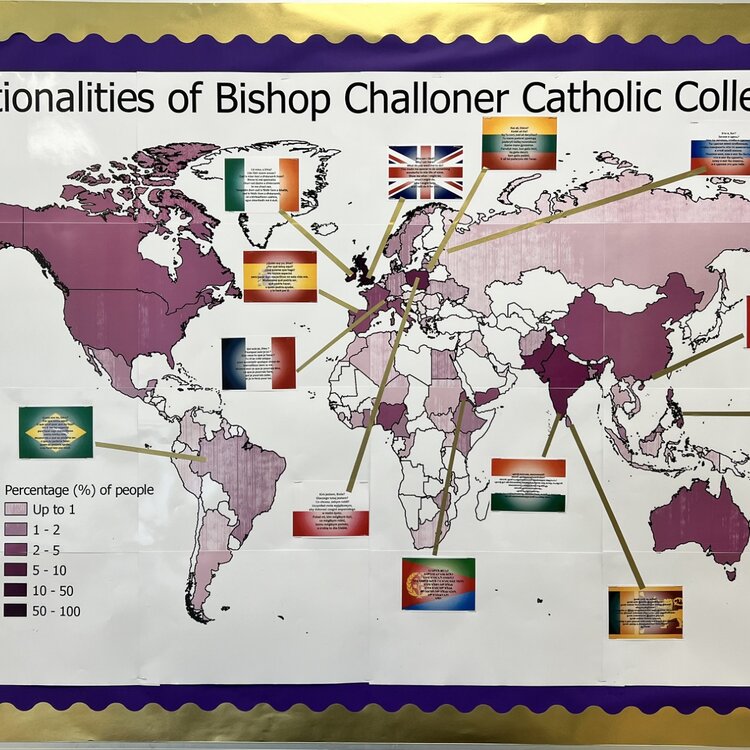
PJ Geography Nationalities
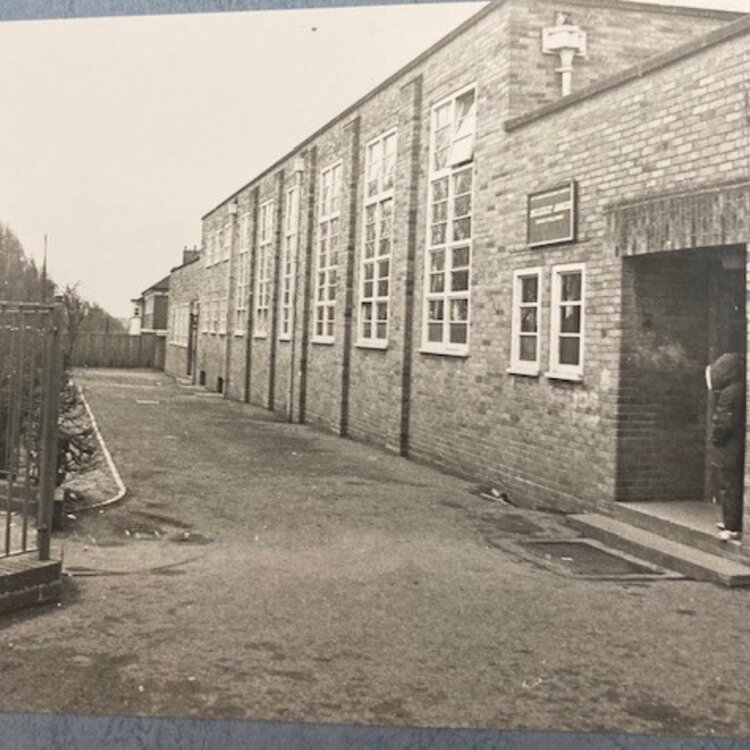
PJ Geography Video
